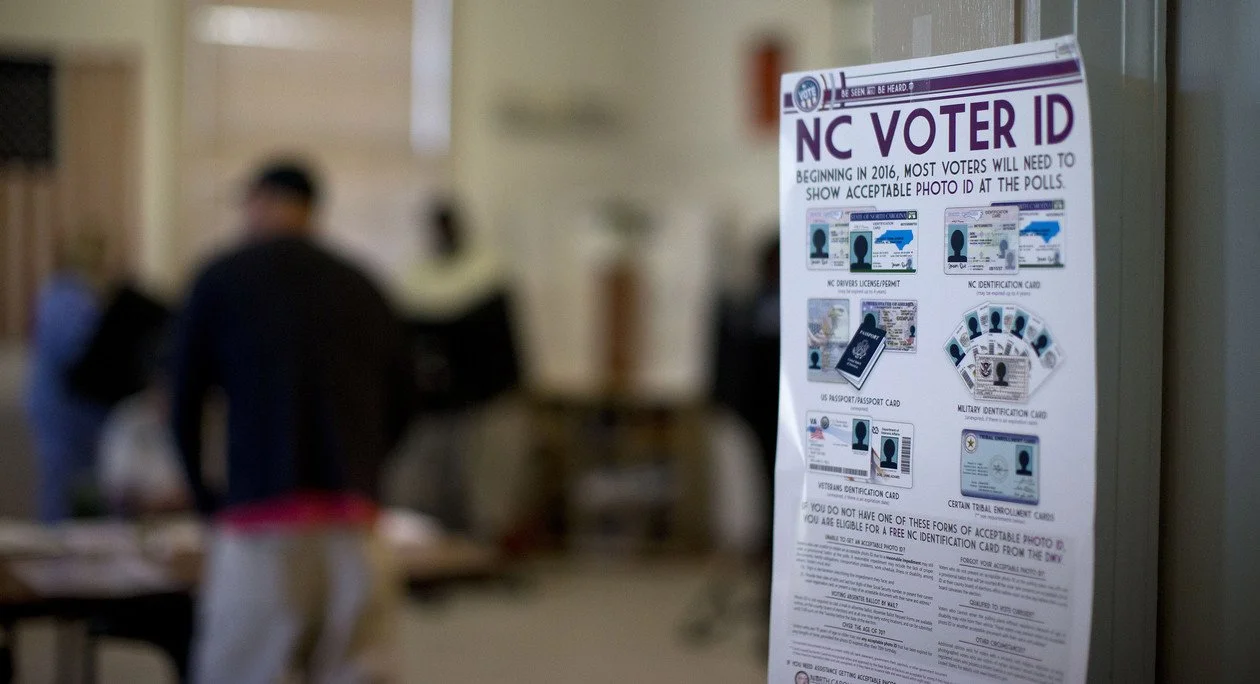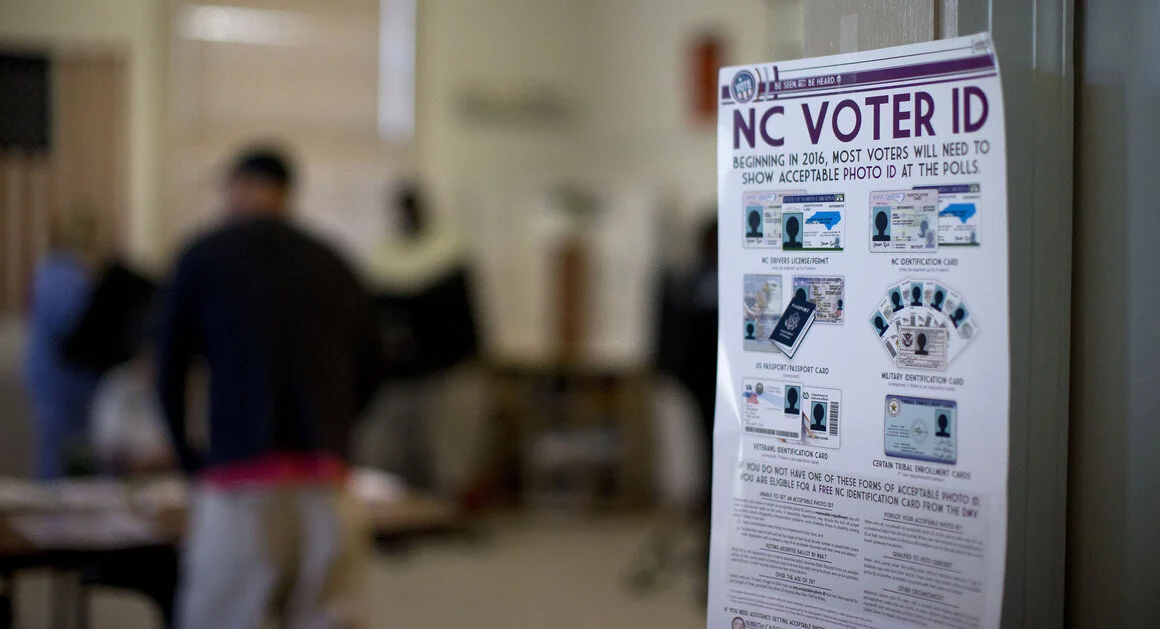While touted as an election security measure, the SAVE Act, has significant potential to disenfranchise American voters, especially married women. For a group of citizens who gained the right to vote just over a century ago, the possibility of being turned away at the polls represents a dangerous step backward.
Read More“The North Carolina Supreme Court has restored the right to vote for 55,000 individuals. As a result, the swing state of North Carolina may have new tie breaking voters in its midst.“
Read More“Considering the forthcoming election cycle for senate and house seats on both a state and national level, an additional 55,000 ballots — approximately how many previously incarcerated persons would be eligible if CSI v. Moore is affirmed — would immensely alter voter demographics throughout the state. It is imperative for folks to keep a watchful eye on the unfoldings of this court case; not only will it dictate the extent of natural rights for a neglected group of the state’s citizenry, but it also has the power to reconfigure the political makeup of North Carolina.“
Read More“At face value, this conflict might appear as no more than a partisan power grab at controlling the status of S.B. 824 — a frequent occurrence in our contemporary political system. Yet, the effects of this case are more pivotal and far-reaching. If a Supreme Court decision favors Senator Berger and Representative Moore, the legislature will be granted broad autonomy regarding intervention in future cases. A move in this direction might blur the lines between the roles of the Legislature and the Executive, and thus create a more nebulous governmental landscape.”
Read More“A three-judge panel recently struck down North Carolina Senate Bill 824, a law enacting a photo voter ID requirement, saying that it would unfairly target Black voters and is therefore unconstitutional. How did we get here and what is next for voter ID requirements in the Tar Heel State?”
Read More“The Texas voter law has indeed created restrictions, however, some argue the restrictions are not completely unreasonable. Voters still have plenty of opportunities to vote and there are exceptions for those with disabilities. The 2020 election was an extraordinary time with many things having to be changed in order to meet pandemic challenges — things will be different for the next election.”
Read More





